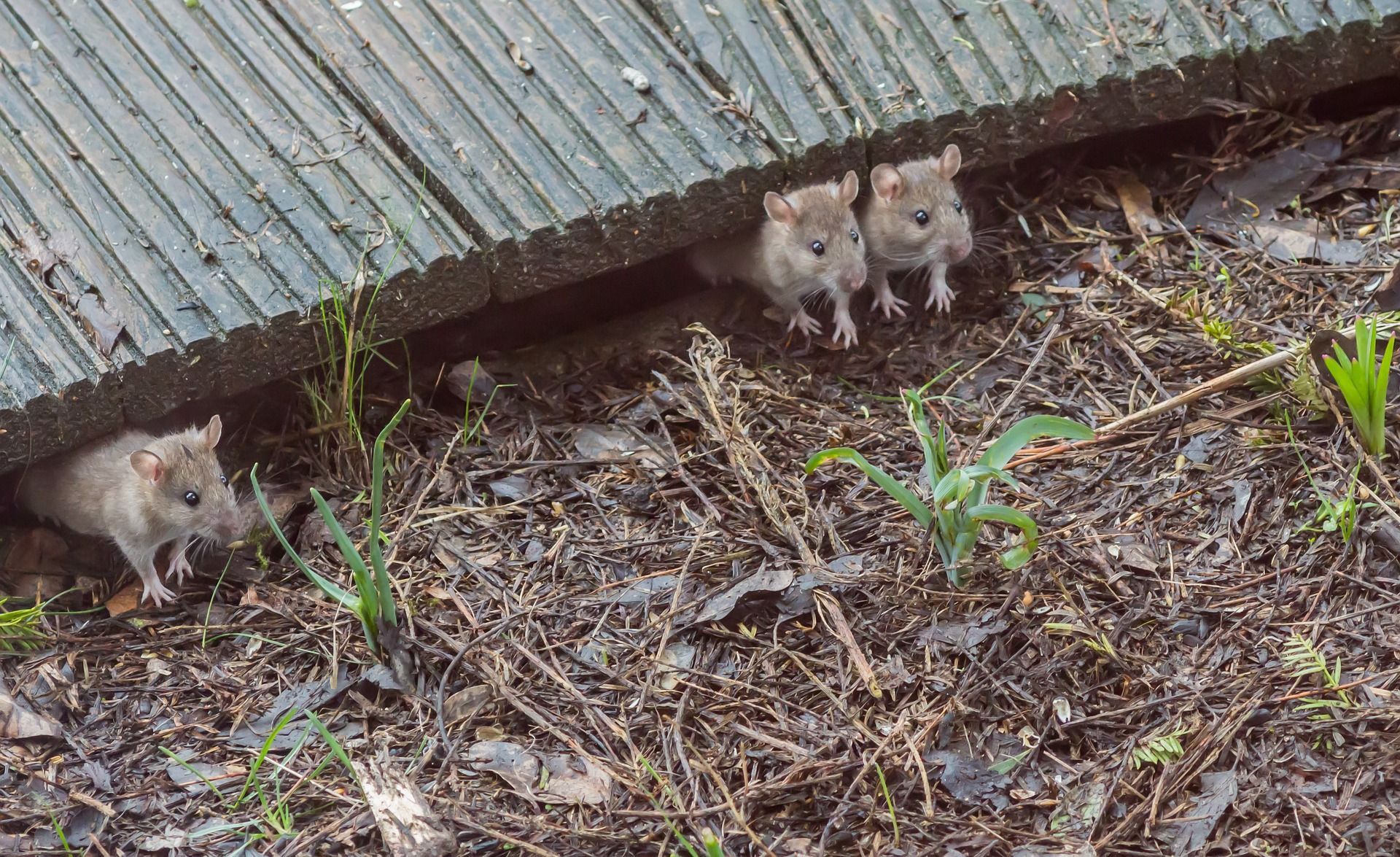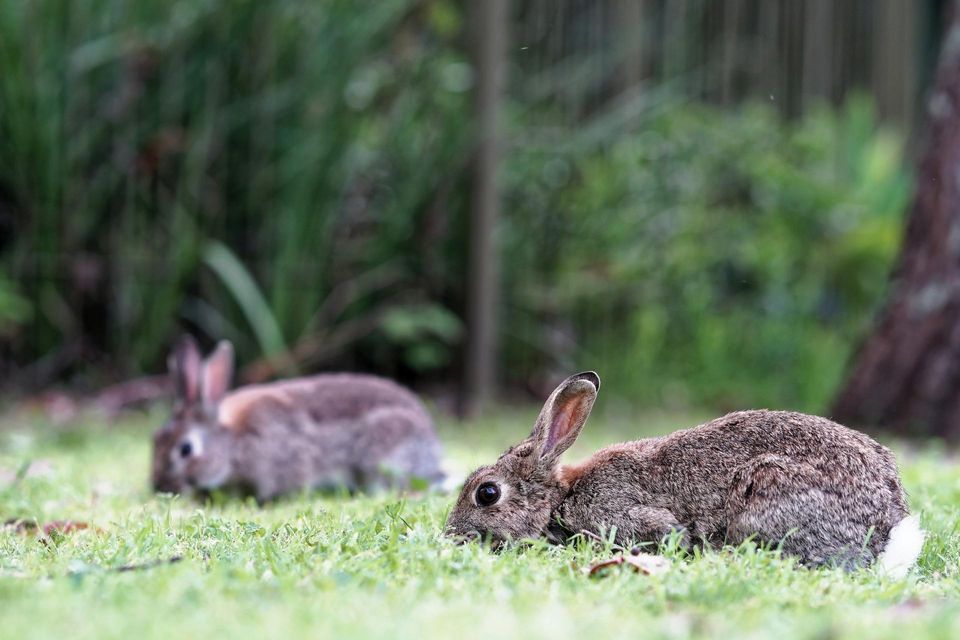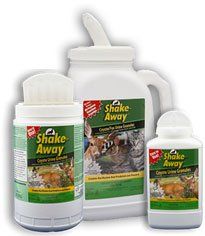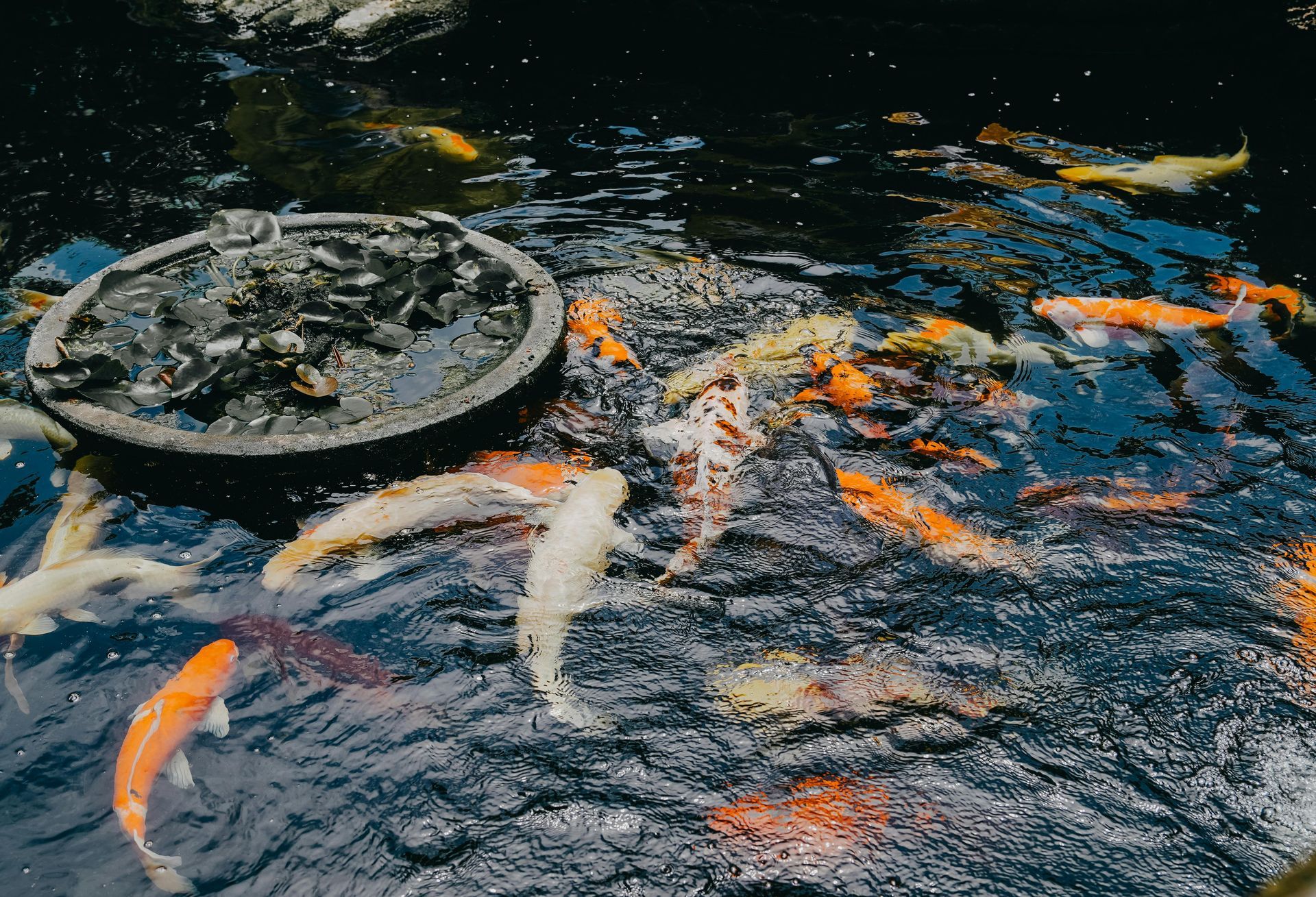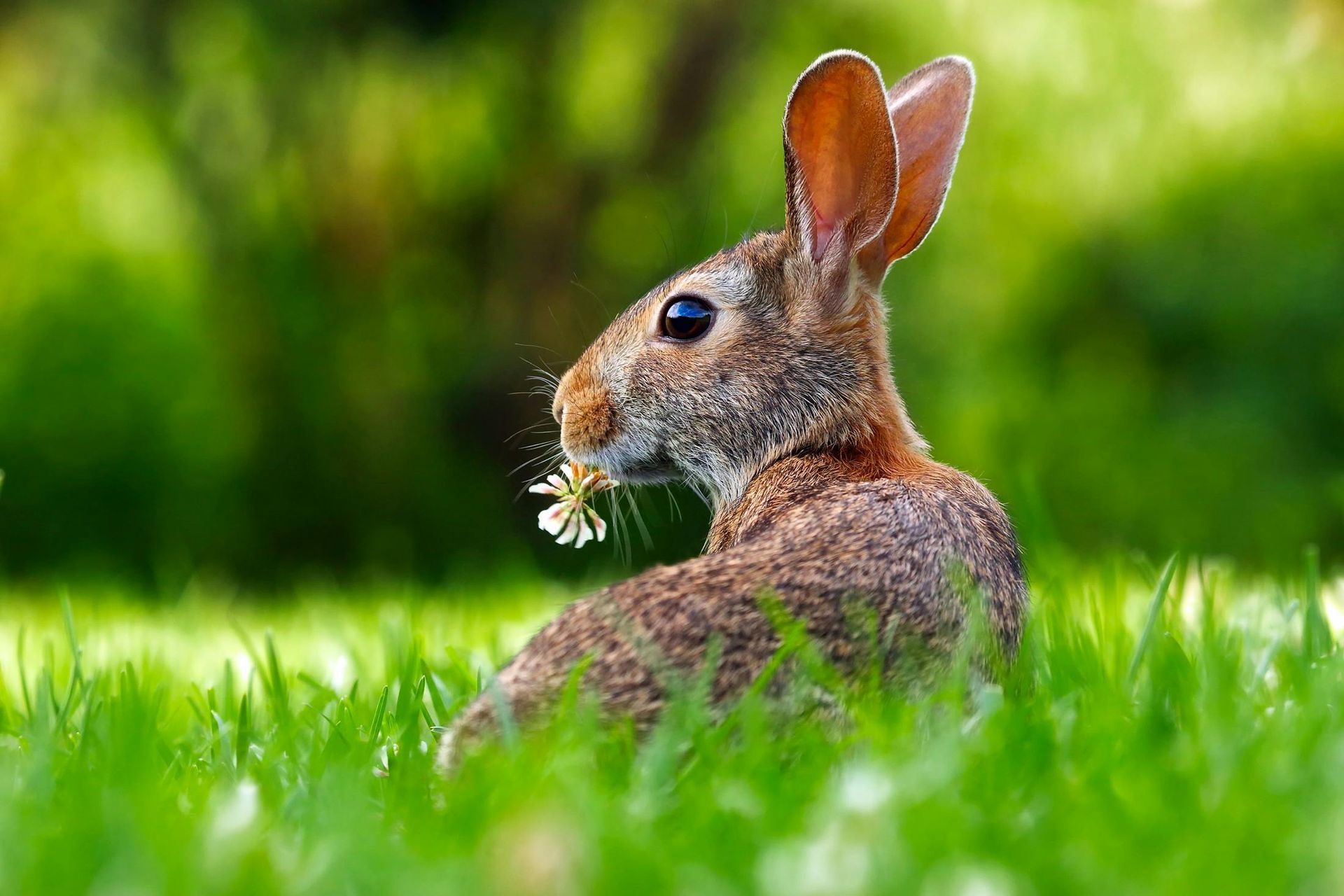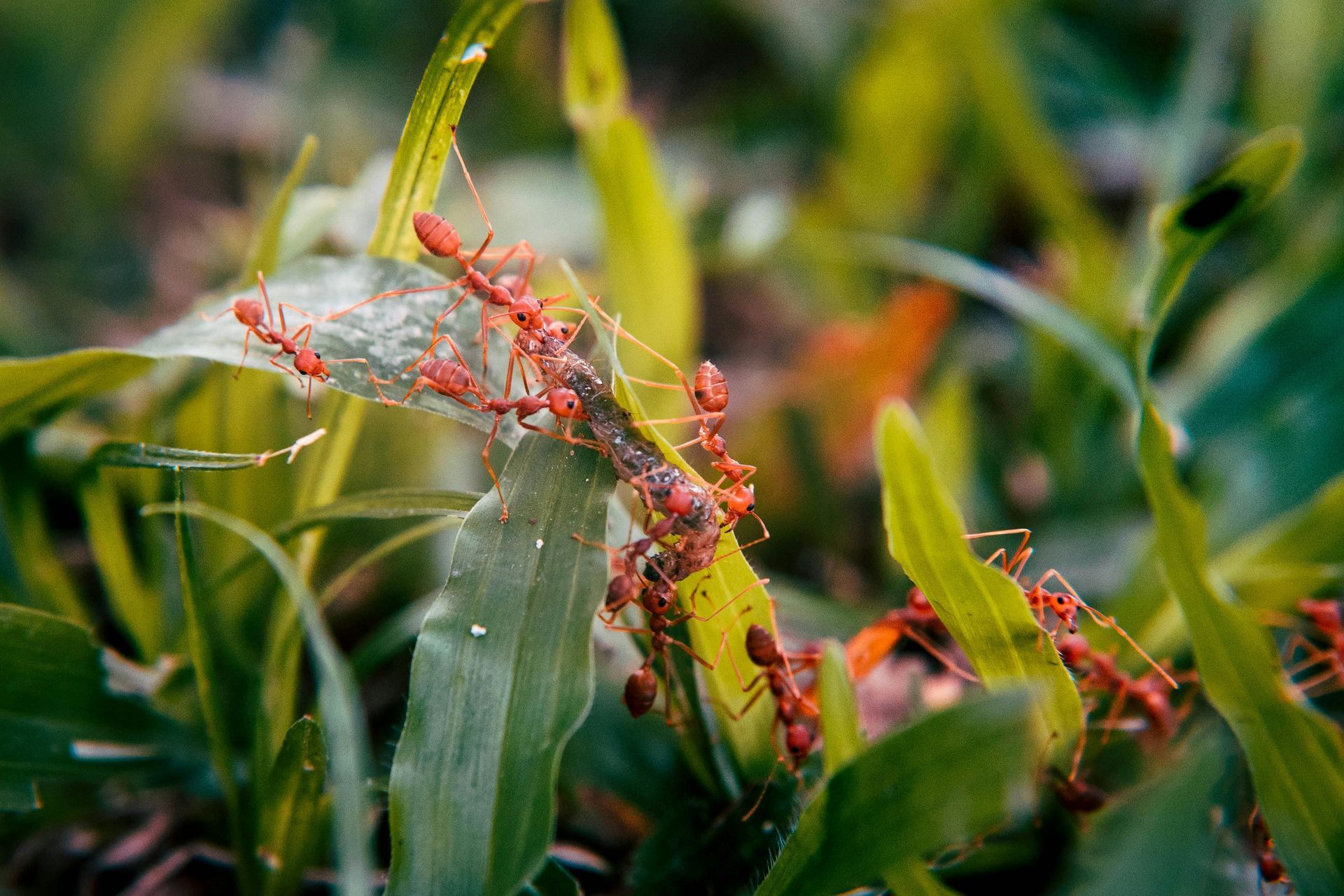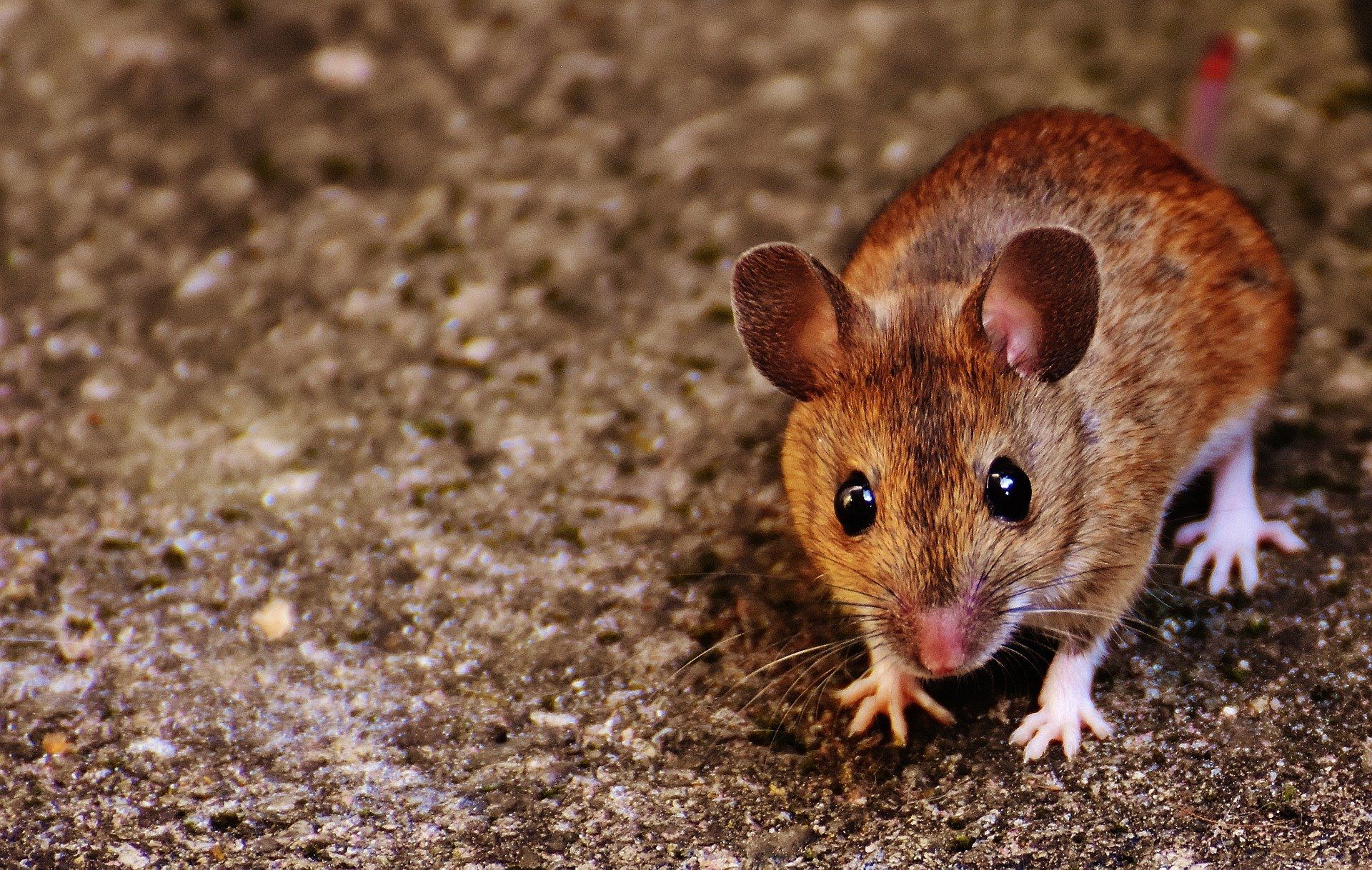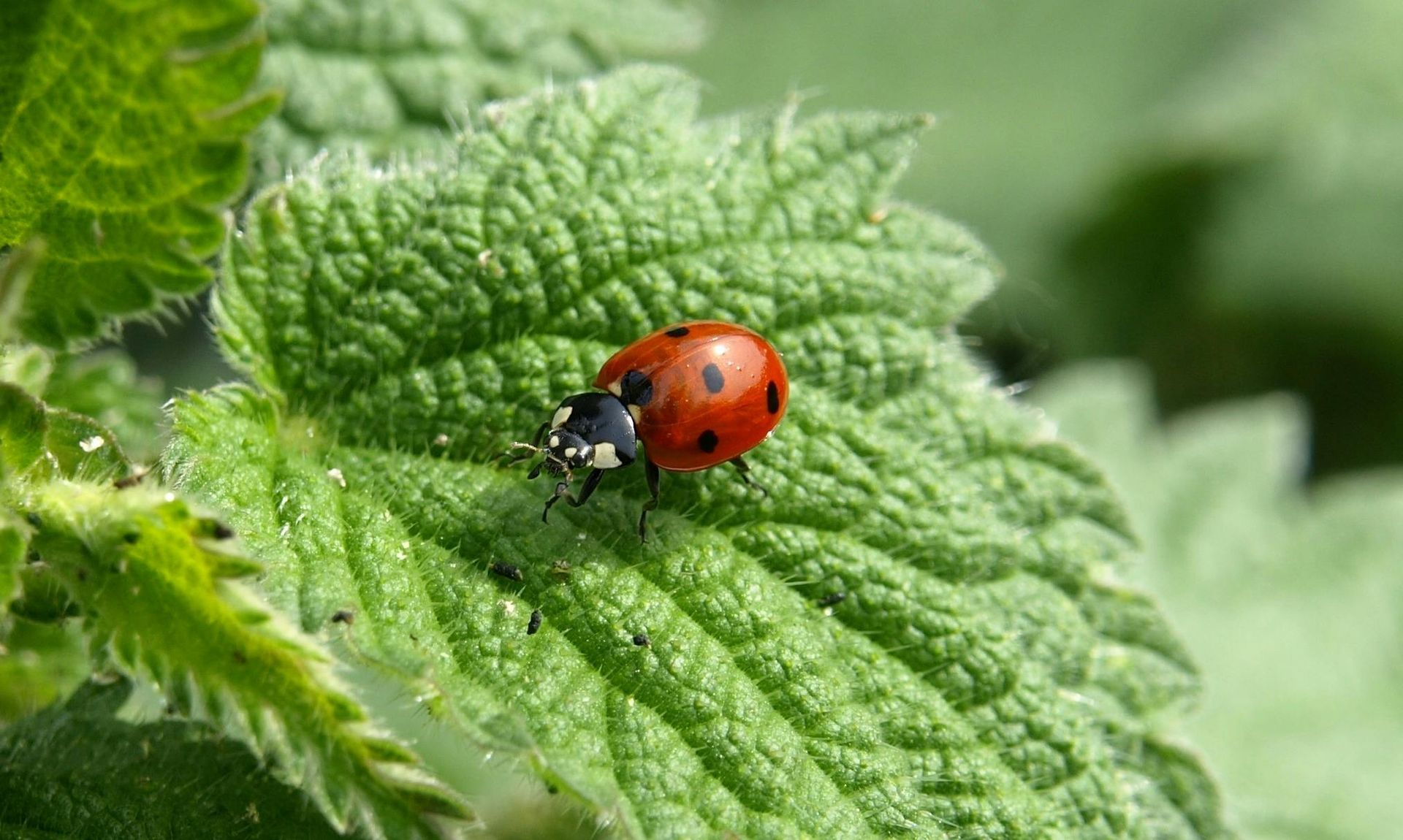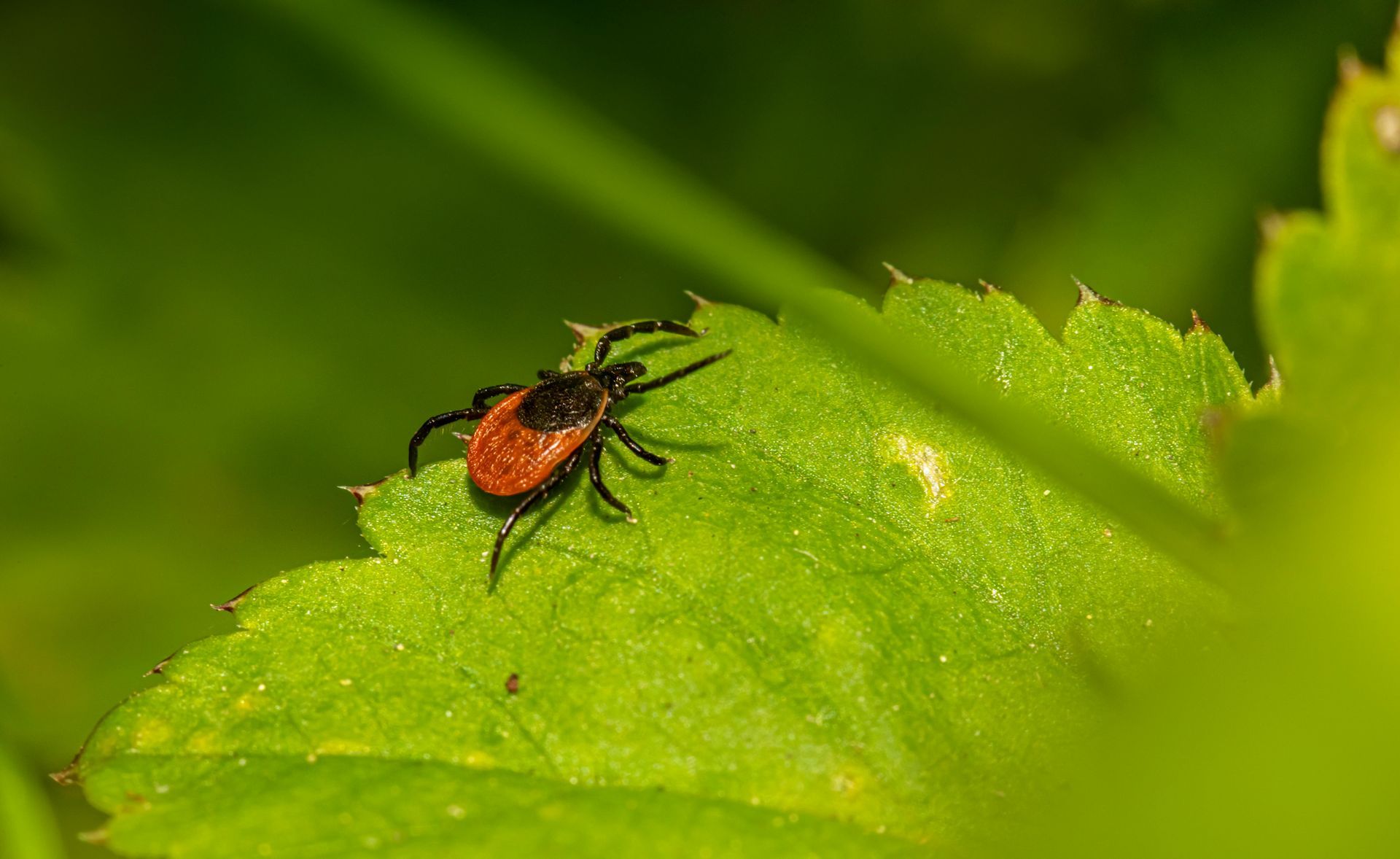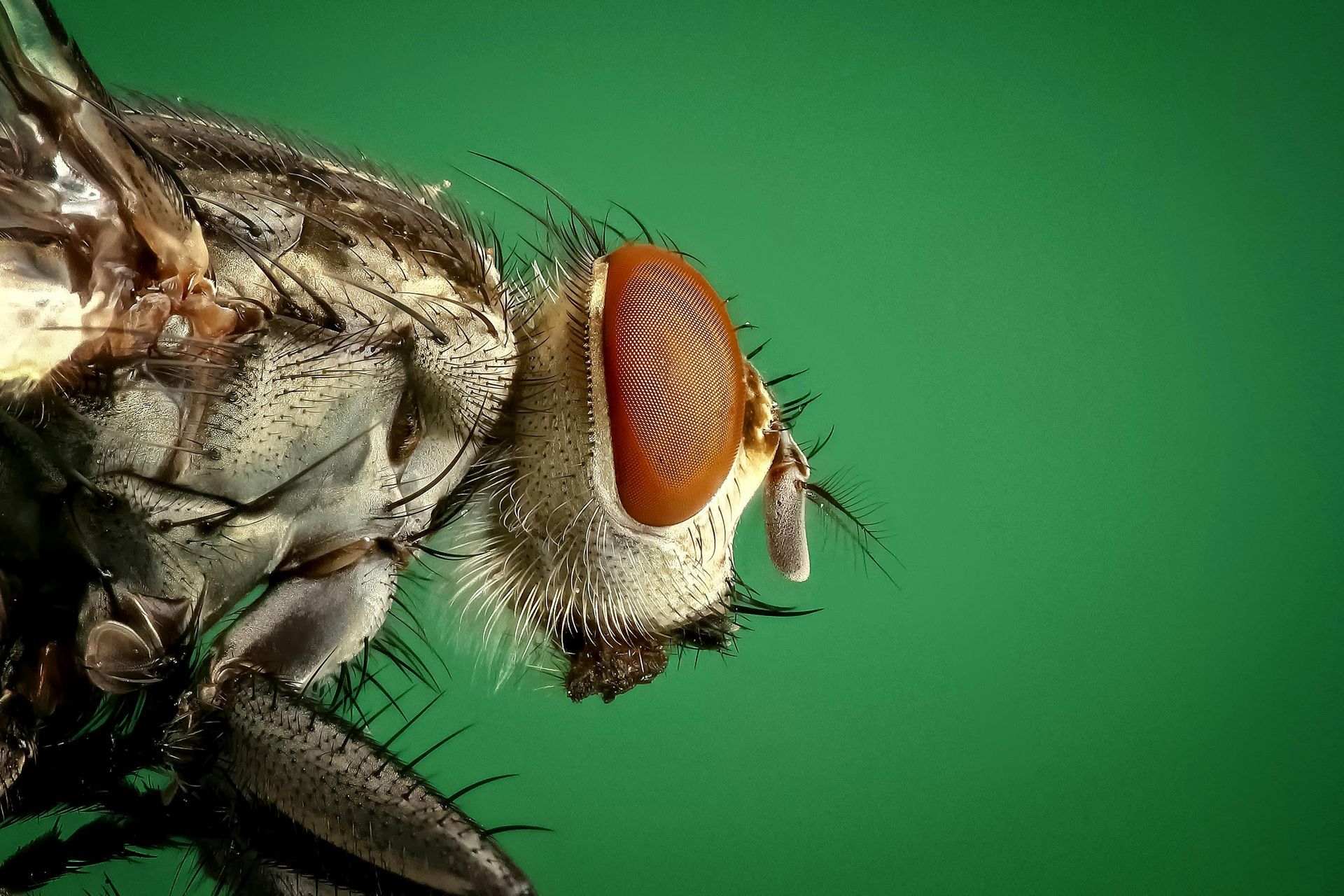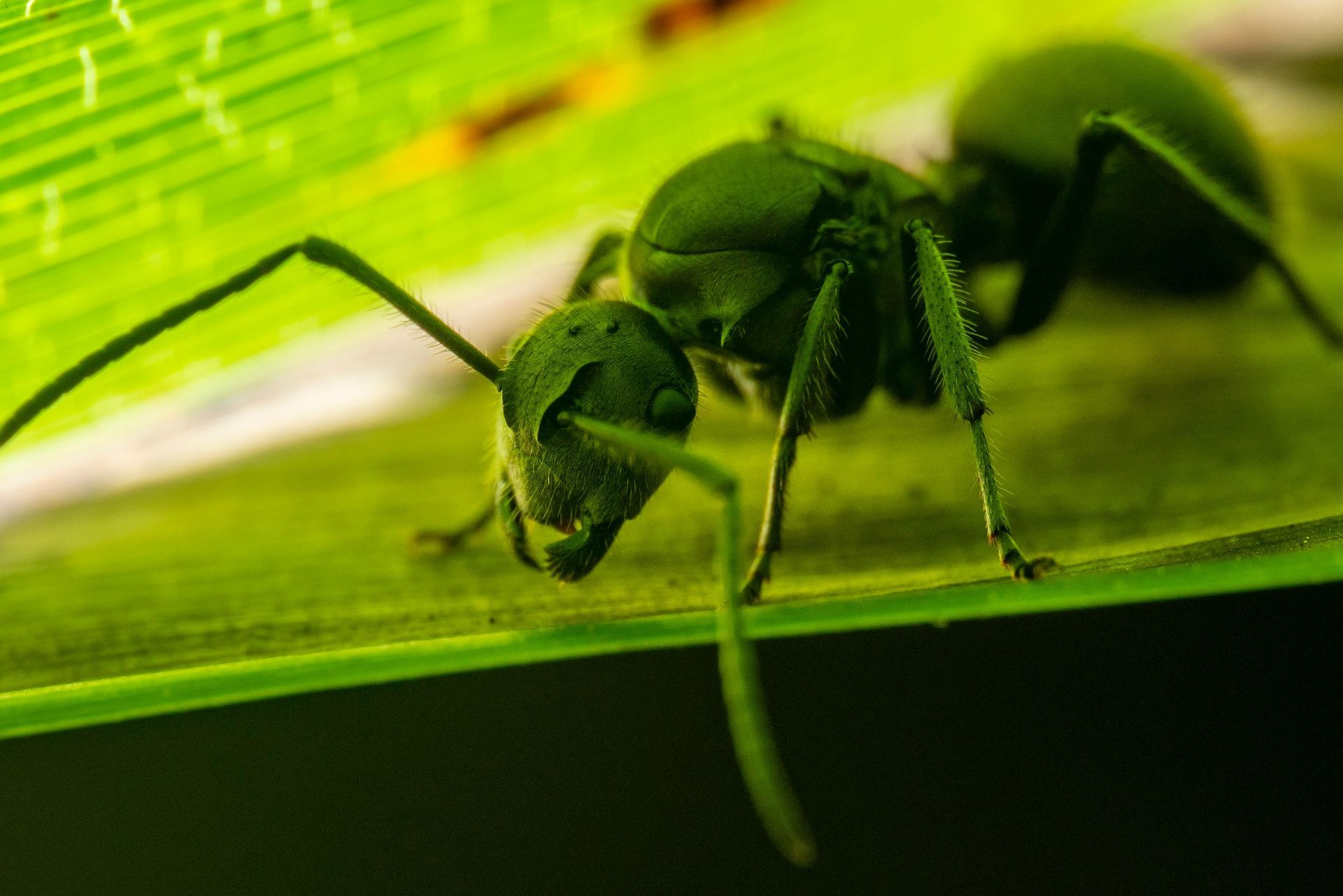3 Important Tips for Keeping Rabbits Out of Your Yard
Rabbits can be destructive, but keeping them out can be easy.
Rabbits, though cute, cuddly, and so soft, are not as delicate as they appear. When left to their devices, they can be quite destructive and they seem to have quite a voracious appetite. Rabbits enjoy the growth of newly emerging plans each spring after winter has thawed away. And in the summer, they love broad-leafed weeds, grasses, leaves, clover, shoots, roots, berries, vegetables, and other fruits. In the winter, they feed off the bark on trees, shrubs, twigs, buds, and blackberry and raspberry cane bushes. With so much of your hard gardening work thrown out the window when a rabbit makes its way into your yard for a feast, it is important to take the steps to keep them out of your yard.
How to recognize if you have a rabbit problem
To determine if you have a rabbit problem, take time to observe the leaves and stalks of your plants. Rabbits will often chew plants all the way down to the ground. It will appear as though the plants have been cleanly cut by a trimming device. But if you didn’t do the trimming, chances are that the destruction is the result of a pesty rabbit. As a note, you’ll know the difference between rabbit and deer damage as deer tear the leaves away, leaving ragged edges.
There are several strategies that you can take to keep rabbits out of your yard. The best approach is to control the damage caused by rabbits by discouraging their presence in the yard, to begin with.
- Garden fencing - Perhaps the best strategy to keep rabbits out of your yard is to install fencing, particularly around your garden or areas with attractive vegetation. Chicken wire is an excellent choice when protecting your yard from rabbits. As rabbits don’t jump very high, the fence only needs to be about two feet in height. However, rabbits are very good burrowers which means that your fence needs to extend at least six inches below the ground, or needs to be tightly secured to the ground in some way so that the bottom edge remains tight. For extreme cases or for temporary control around seasonal gardens, you may wish to install an electric net fence.
- Poultry netting - If the idea of a fence doesn’t call to you, then you may wish to consider protecting your plans individually. You may be able to find plant protectors at your local home improvement store. If not, you can build your own by creating cylinders made out of poultry netting. The cylinder should be a minimum of two to four inches greater than the diameter of the plant that you are trying to protect. And, you need to ensure that the cylinder is braced and secured to the ground in some way. If not, the rabbit will be able to remove the netting and will foil your plan.
- Change of habitat - In certain instances, you may need to make changes to the vegetation and shrubbery in your yard. You can proactively reduce the nesting options that rabbits enjoy by removing low shrubbery and branches. You may also wish to remove tall, dense vegetation as well as piles of wood or other debris. Finally, make sure to control any shrubbery located along the edge of your fence. And, seal any gaps in space beneath your home or outbuildings.
To make the above ideas even more effective, include an alternative is to leverage an all-natural rabbit repellent. The use of fox urine is proven as an effective deterrent as it plays off of the rabbit’s natural fear of the fox. These products are non-toxic and all-natural and work to repel rabbits rather than kill them. Many homeowners find that a combination of the above strategies in addition to the repellent is highly effective.
Critter Repellent All Natural Animal Repellent Blog
